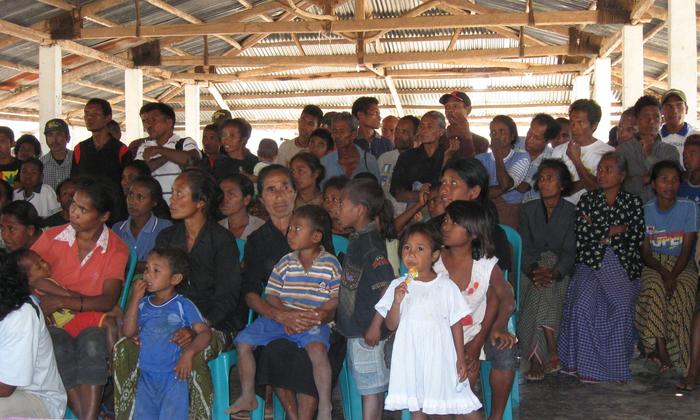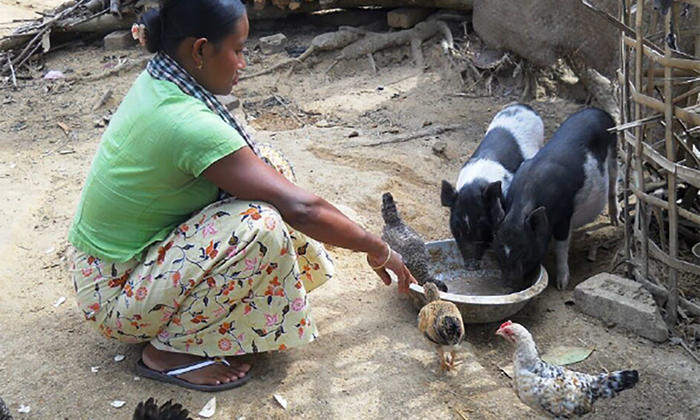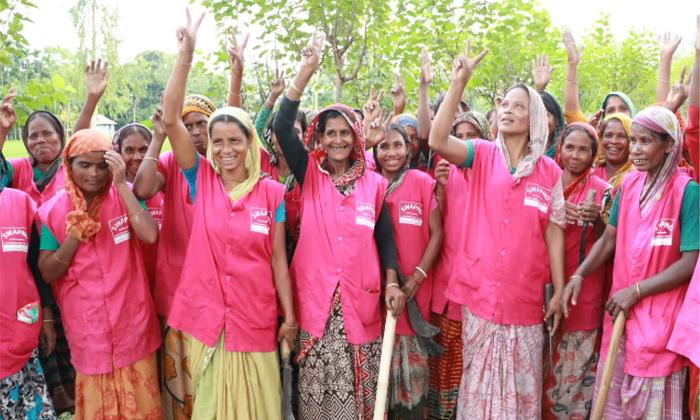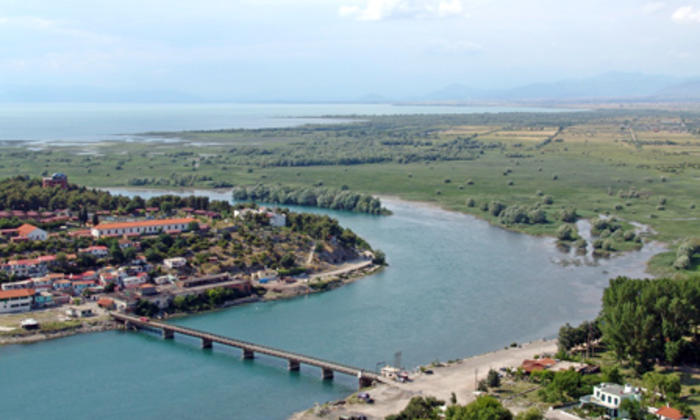Partnerships between the government and communities help reduce violence and support long-lasting solutions against conflict and insecurity.
Case study
Colombia: Productive and Food Secure Territories for a Peaceful and Resilient Cauca
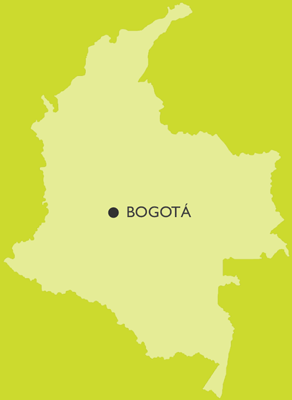
SDGs ADDRESSED
This case study is based on lessons from the joint programme, Productive and food secure territories for a peaceful and resilient Cauca
Read more
Chapters
Project Partners
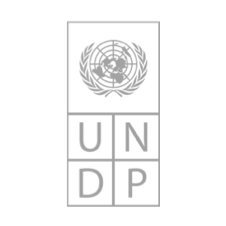
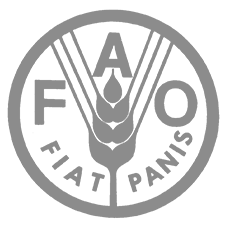
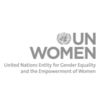
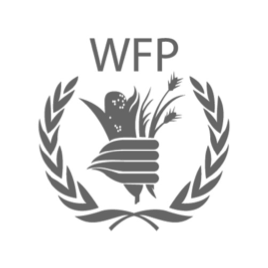
1. RESUMEN
The joint programme was implemented in the Cauca Department of Colombia to address post-conflict problems through sustainable agricultural production of indigenous crops and their international commercialization, with the aim to create employment, better nutrition and, most importantly, peace. The programme on productive and food-secure territories was designed to create a scalable model that could be replicated in different areas of Colombia to strengthen local leadership capacities for peacebuilding and sustainable development through improving autonomy, food and nutritional security, as well as supporting rural producers.
2. SITUACIÓN INICIAL
The prolonged state of violence and the destructive drug trafficking business in Colombia have dramatically affected the population’s security and created a serious humanitarian situation, displacing more than two million people over the last ten years. The armed conflict has also damaged production, institutions, food security, and social trust, resulting in weakened organizational structures, marginalized productive processes, food insecurity and a fractured social fabric. Despite being one of Colombia’s areas that is richest in natural resources, Cauca is also one of the most adversely affected areas by the decades of armed conflict. Reconstruction of the region’s economic and social pillars remain a challenge.
3. ESTRATEGIA
The strategy was developed to create employment, improve livelihoods and nutrition and, most importantly, peace in Cauca through the sustainable agricultural production of indigenous crops. Four UN Agencies worked together with national partners to pave the way towards rural development and peace. The partners include the Presidential Agency for International Cooperation, Department for Social Prosperity, National Agency for Poverty Eradication, Ministries of Foreign Trade, Health and Agriculture, Government of Cauca, University of Cauca, Coffee Growers Federation and social organizations of indigenous peoples, rural women, quinoa growers and rural producers. The joint programme followed three specific objectives: strengthen local leadership capacities for the construction of peace and sustainable development, improve food and nutritional security, and support families of rural producers through diversified production and value chains development. The integration of gender and environmental issues into each objective supported the achievement of results.

Beneficiery of the joint programme increased her commercial capacities to sell local produce
4. RESULTADOS E IMPACTO
Targeting 1,261 rural families and 21 rural farmer organizations in Cauca, the joint programme promoted partnership between social actors and entities towards inclusive socio-economic development for the achievement of sustainable human development and peace.
Under the first objective, trainings and other capacity development activities had a leading role in capacity building to expand opportunities and promote social and economic progress. Awareness, agreements, leadership skills and women’s economic empowerment were promoted among local authorities, departments, organizations and communities through joint efforts to ensure the peaceful resolution of outstanding territorial disputes and environmental conflicts. In particular, the joint programme promoted a gender-focused model to achieve economic empowerment of rural women through their participation and social recognition. Four organizations formed mainly by women and consisting of 103 families, implemented business plans that strengthened production of quinoa and coffee chains, and empowered participants while building capacity for development.
Under the second objective, the joint programme reached 1,261 families. They benefited from activities such as those that provided micro-nutrient powder to prevent and reduce anemia; water filters to reduce water-borne diseases (500 children in 427 families); and family and community vegetable gardens (289 families). More than 400 families benefitted from 18 Farmer Field Schools, which helped strengthen agricultural production, and improved food security and nutrition as well as community cooperation needed to promote social cohesion. As a result, families adopted diversified production systems and increased their consumption of vegetables and animal-origin food (meet, eggs and dairy products) and legumes.
Under the third component, 21 rural farmer organizations received training and mentoring to strengthen productive, technical and entrepreneurial skills, and business partnerships. Seven organizations participated in the implementation of three inclusive business plans. Four producer associations of quinoa in the municipality of Bolivar strengthened post-harvest processes to reduce the risks of production and financial loss. Four leadership organizations strengthened the role of women in production chains for quinoa and coffee production. Five organizations from San Sebastian participated in the strengthening process of organizational and business models. Through these trainings and technical assistance, rural producers' organizations improved their productive, socio-business and commercial capacities.
In addition, as a measure of adaptation to climate change, a total of 79 reservoirs (household and community-level) with capacity for 3 million liters were built with the support of local residents for six communities in San Antonio and three communities affected by forest fires in El Rosal (San Sebastian). The reservoirs help with rainwater harvesting, ensuring availability of water during the dry season and in case of droughts.

5. RETOS
Changing climatic conditions created difficulties for establishing productive agricultural systems in terms of sowing and harvesting cycles. Droughts caused delays in the establishment of productive agricultural systems for families who do not have access to water for irrigation. Heavy rainfall contributed to the development of diseases in plants (phytopathogens), which reduced the density of sowing.
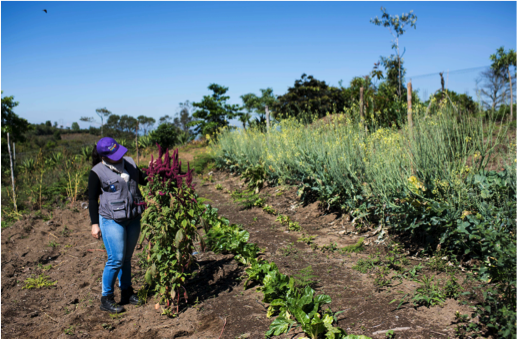
Training for local producers at Farmer Field School
6. LECCIONES APRENDIDAS
- Similar joint programmes should be longer and have more realistic deadlines for implementation, given the high expectations and the limited resources. Involvement of new partners, especially those participating for the first time, requires more coordination, management and a more flexible decision-making structure. A risk assessment matrix that includes the risks related to coordination and management should be updated during the joint programme implementation and include proposed mitigation measures and responsible parties to ensure results.
- Land and territory assessment should be provided at the time of project design. Beneficiaries should be identified based on actual data (Population Census; Demographic and Health Survey; Household Surveys; data from Registry Office) in order to support the programme implementation and avoid limitations.
- Strengthening local capacities and generating options for development can improve peacebuilding. Partnerships between the government and communities help reduce violence and support long-lasting solutions against conflict and insecurity.
- Gender is a fundamental agent for the achievement of peace. Economic empowerment of rural women through organizational and production processes, together with promotion of women's leadership skills, allow sustainable and viable investments for rural development and promotion of peace.
7. SOSTENIBILIDAD Y POTENCIAL DE RÉPLICA
This joint programme was a successful example of the innovative partnership modality in bringing together UN agencies and national partners to work in a multidimensional way to build resilience in a post-conflict region. Due to the positive results, the President of the UN General Assembly, Miroslav Lajcak, visited joint programme sites in March 2018, confirming that progress in Cauca territories has been “truly inspiring,” and the results were “impressive,” positively impacting communities and contributing toward several SDGs. The joint programme has potential for replication as an innovative collaboration that positively impacted nutrition, gender empowerment and peace, and increased capacity of local communities to support the reforestation and safeguarding of water sources.
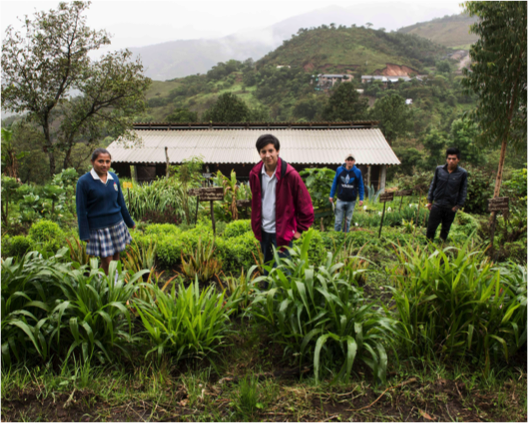
Students, teachers and parents work in school vegetable garden to promote learning about food production

